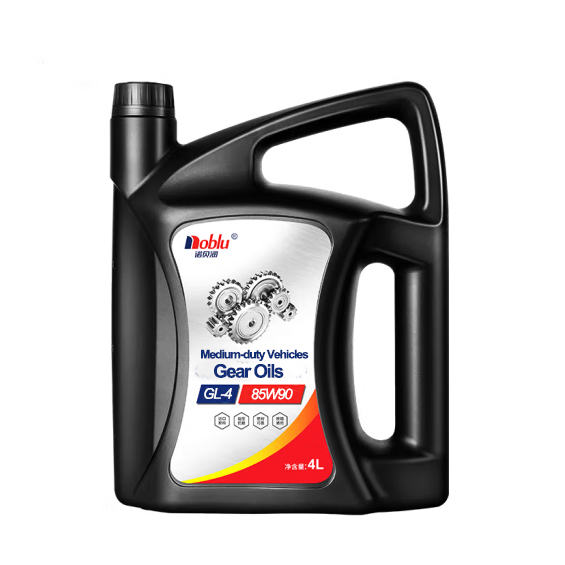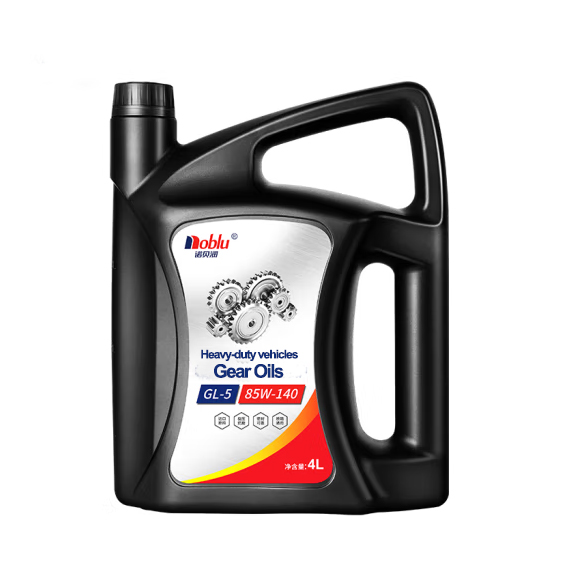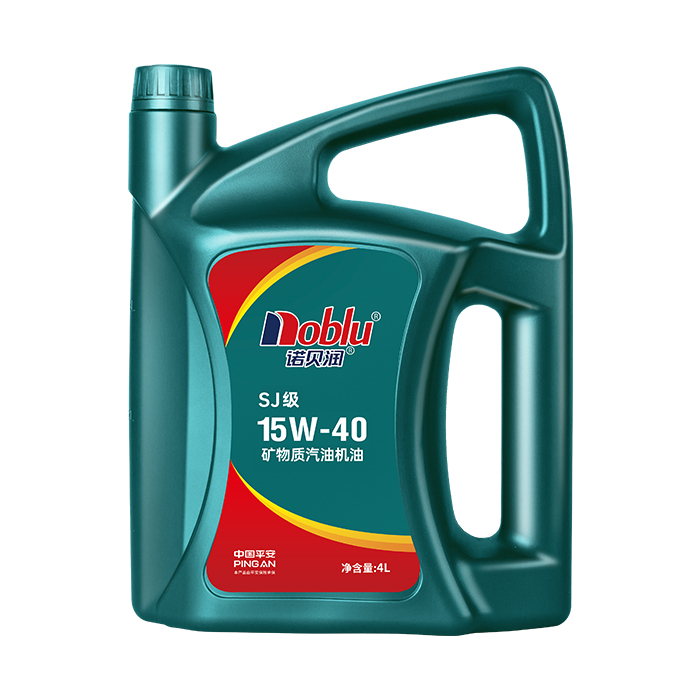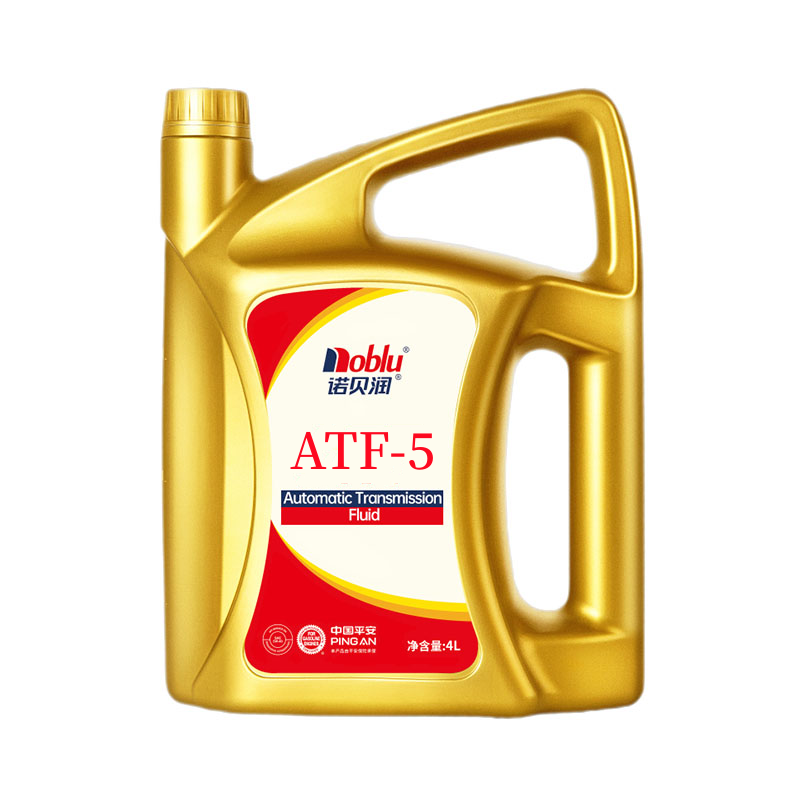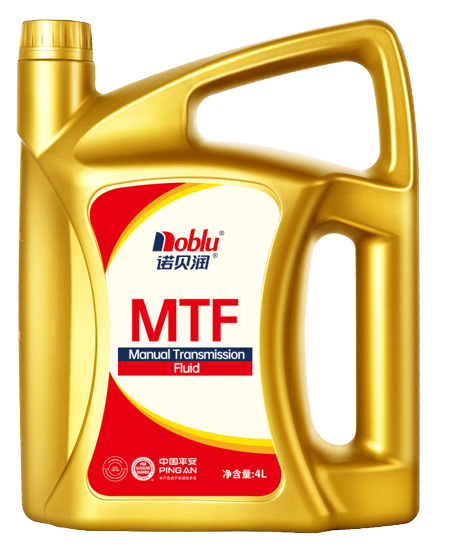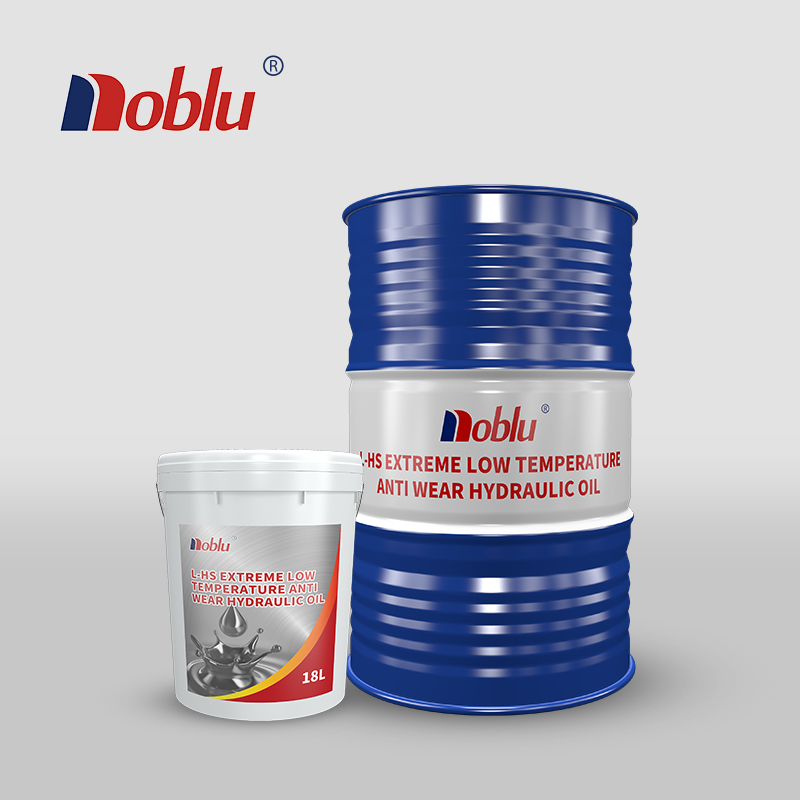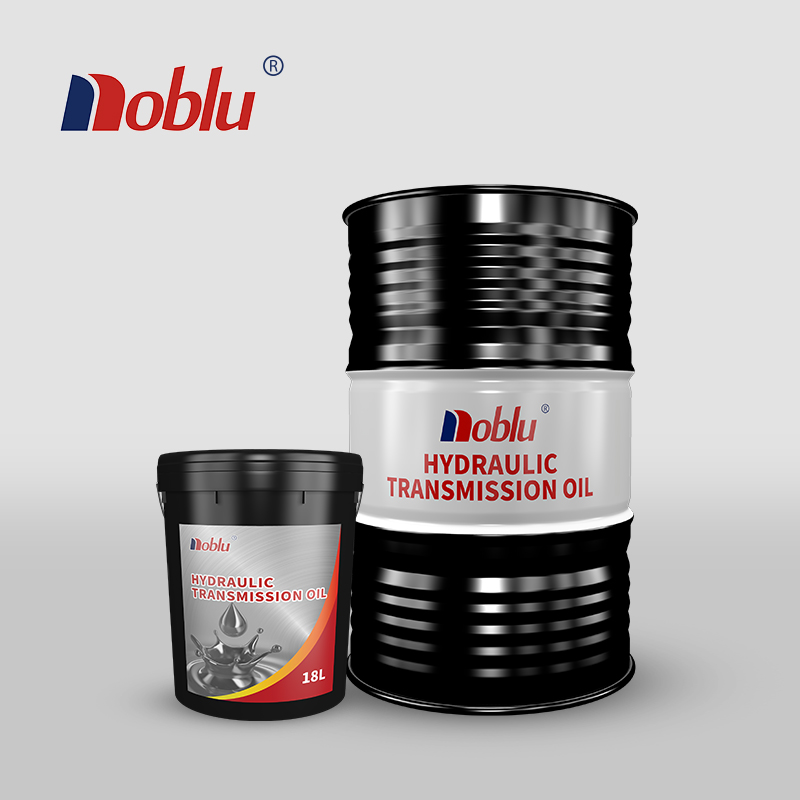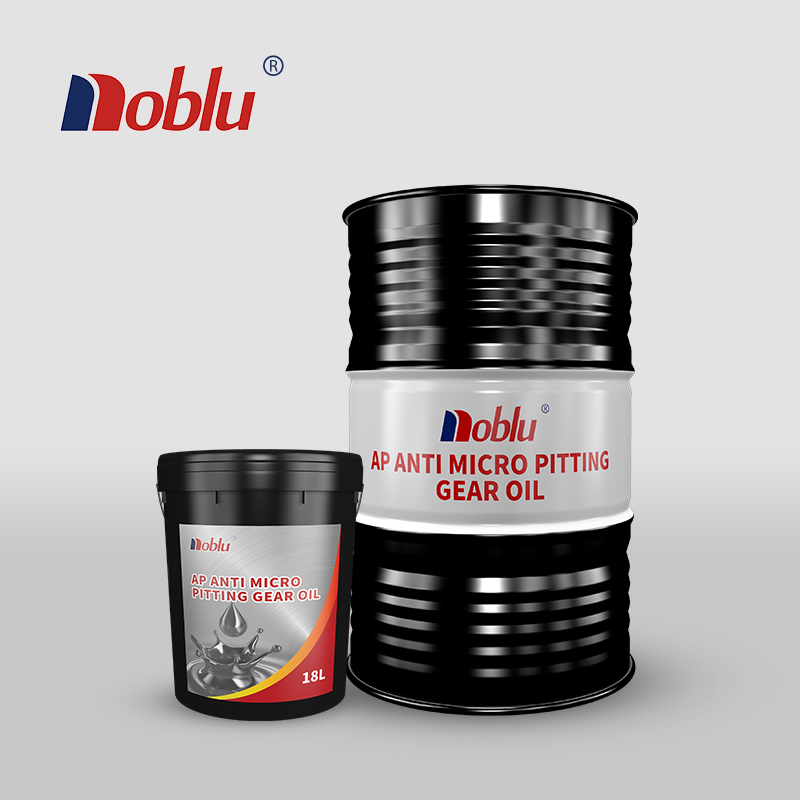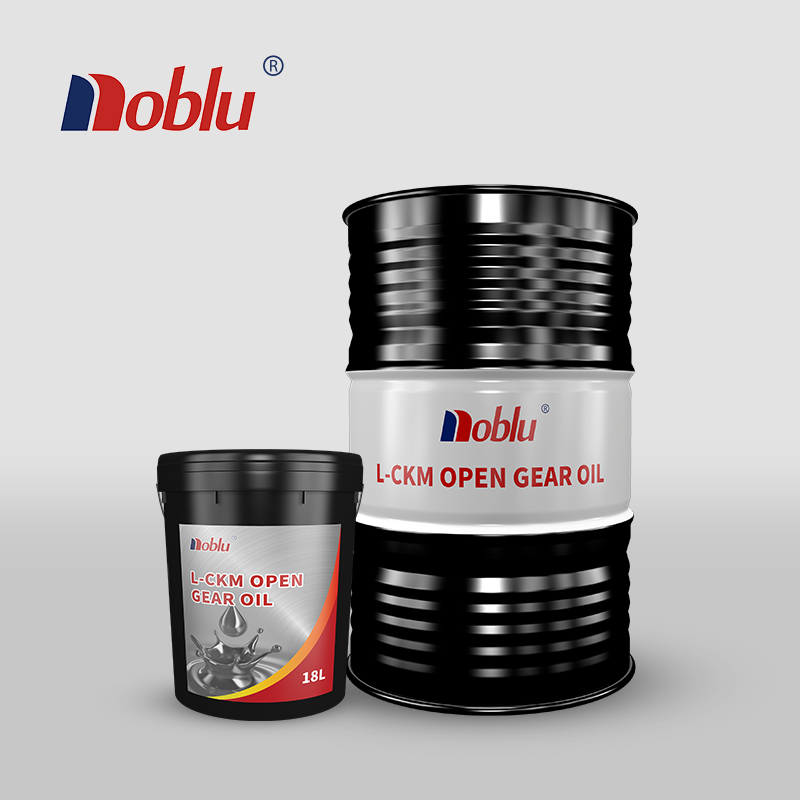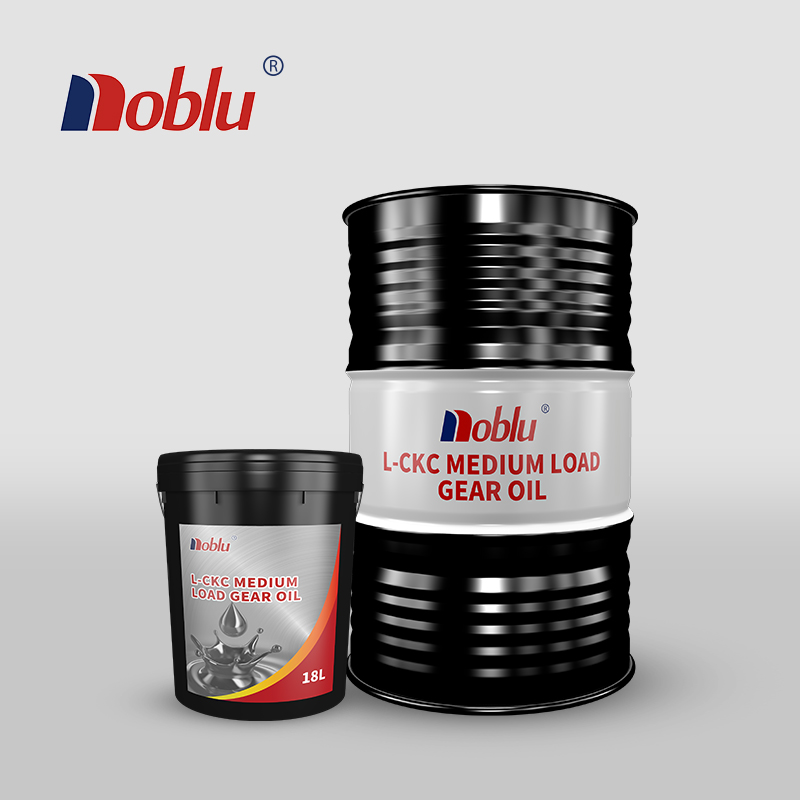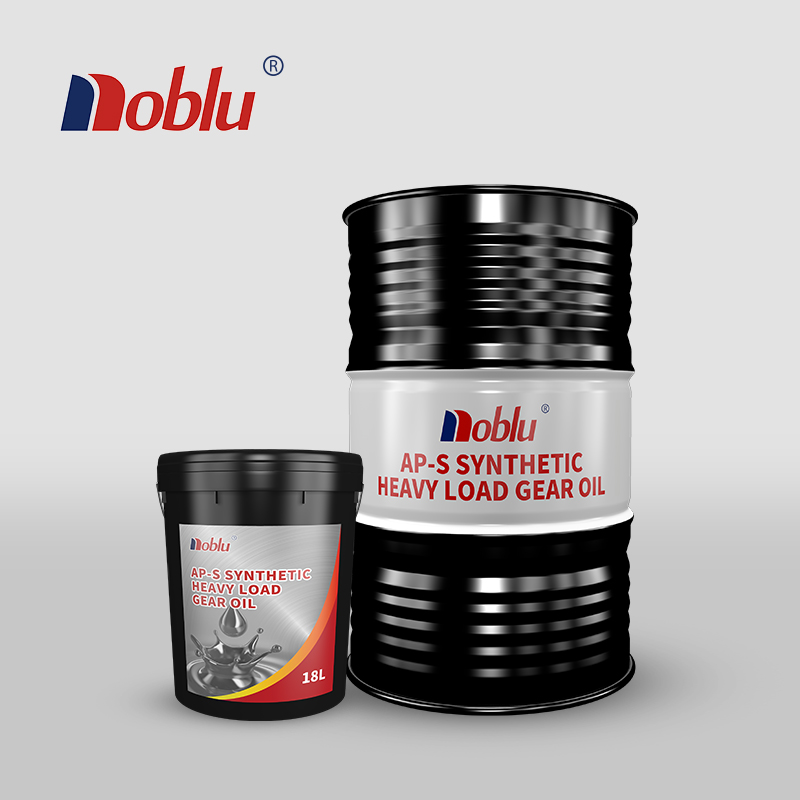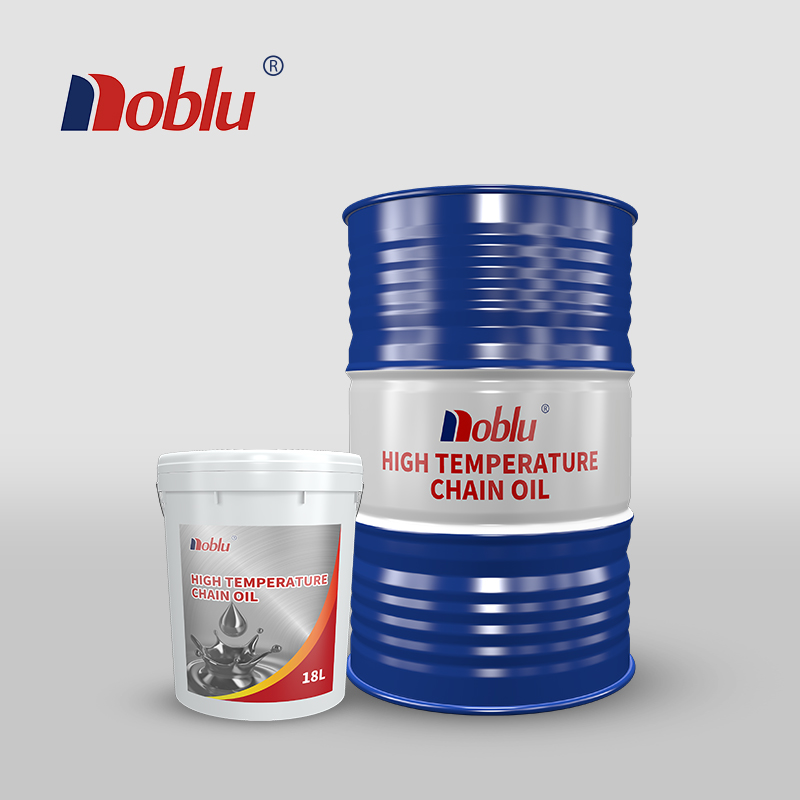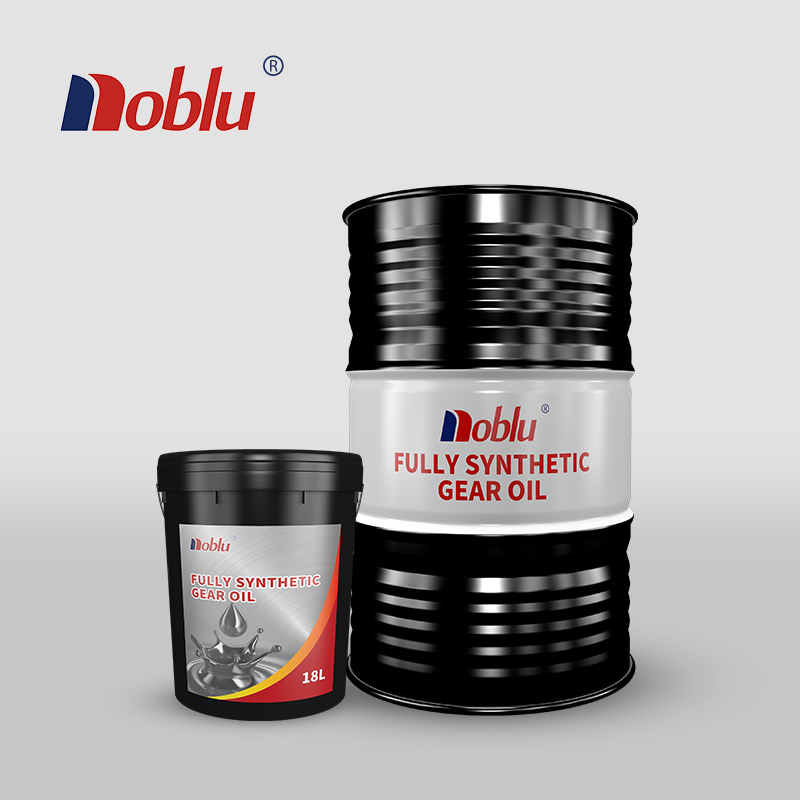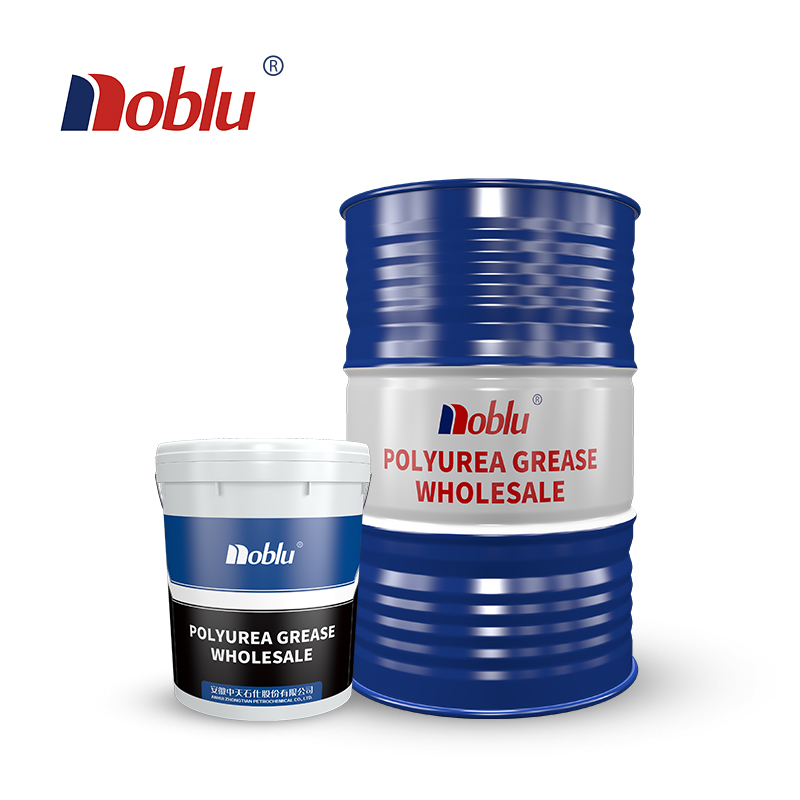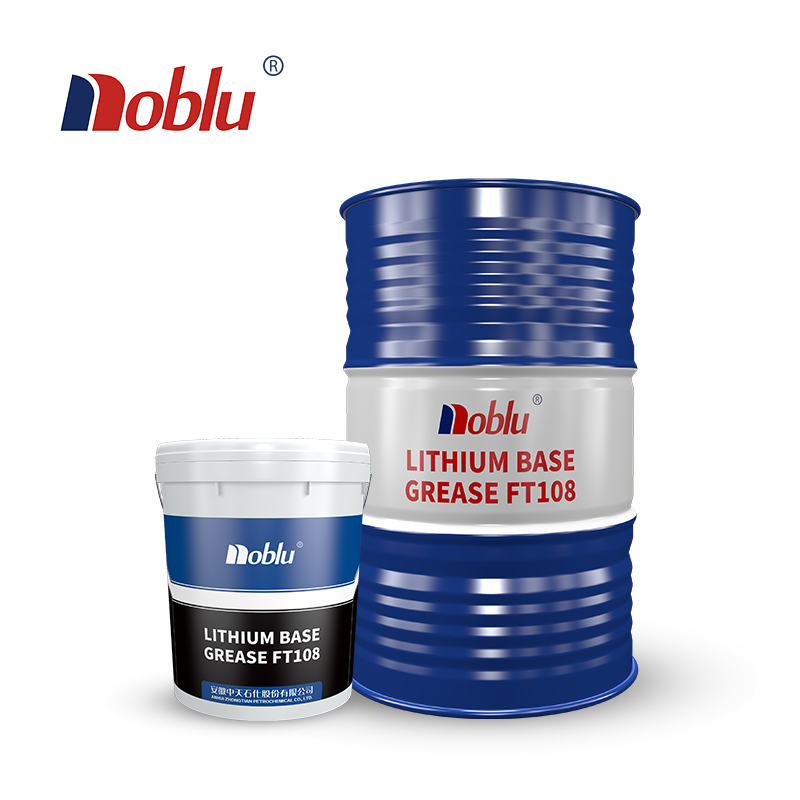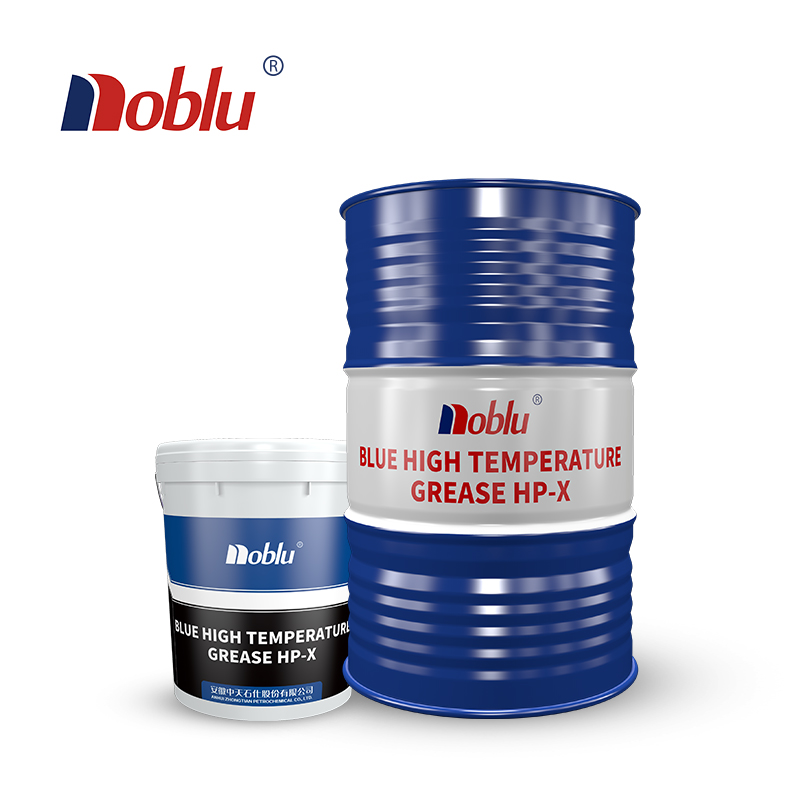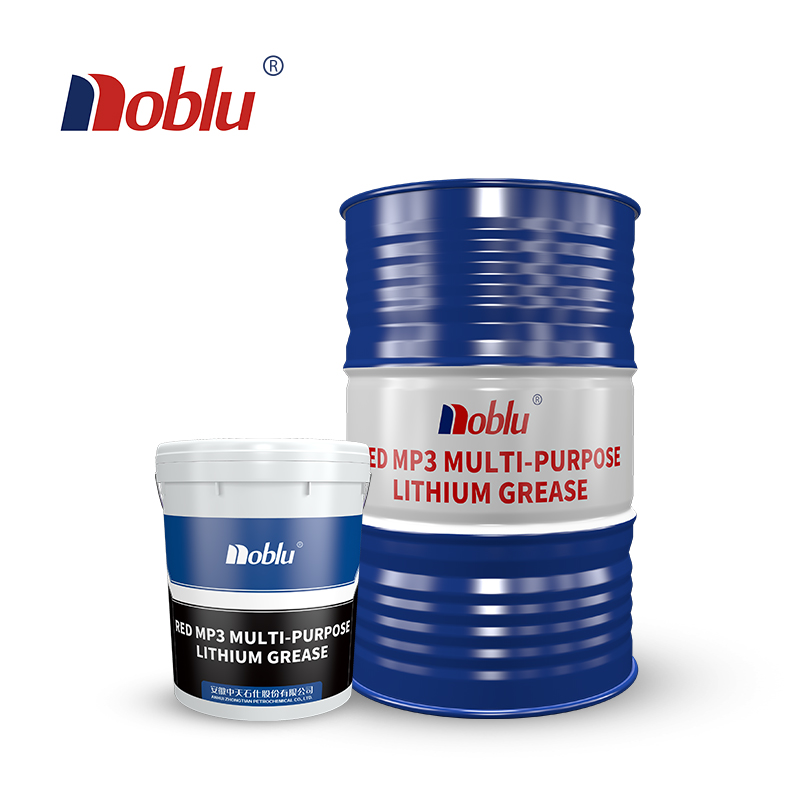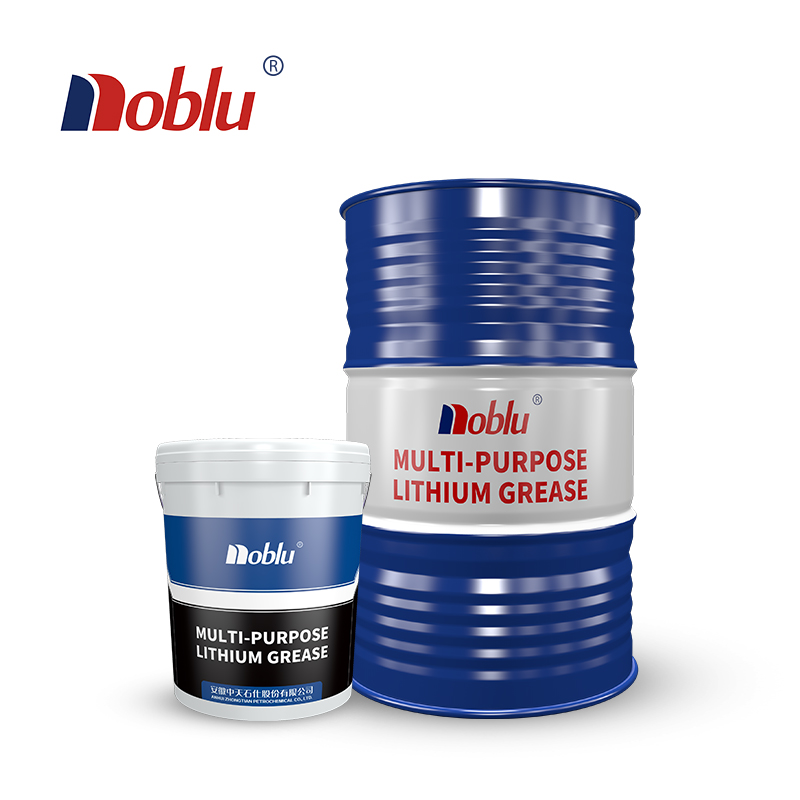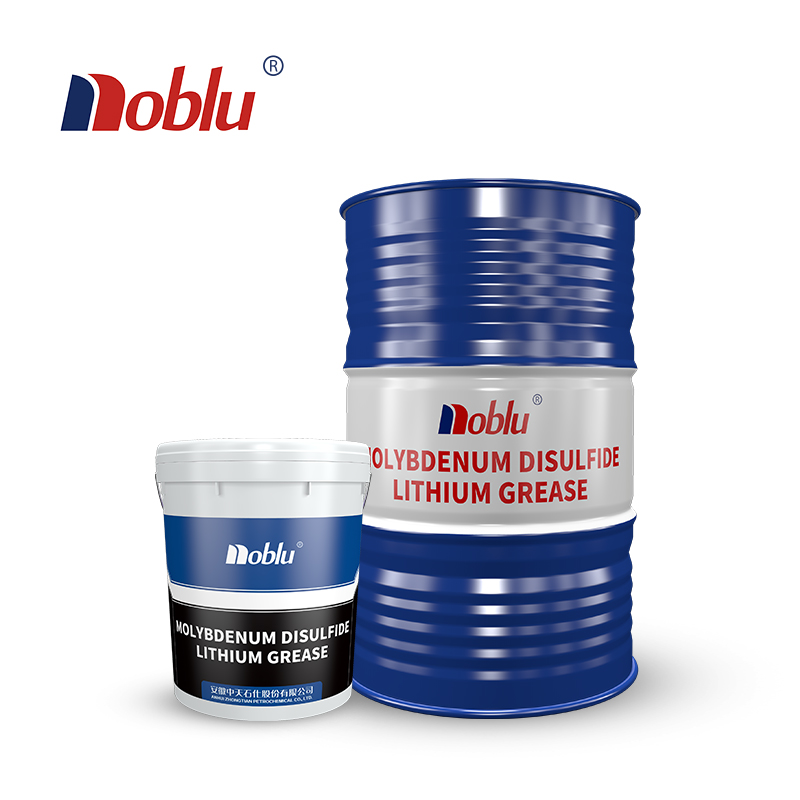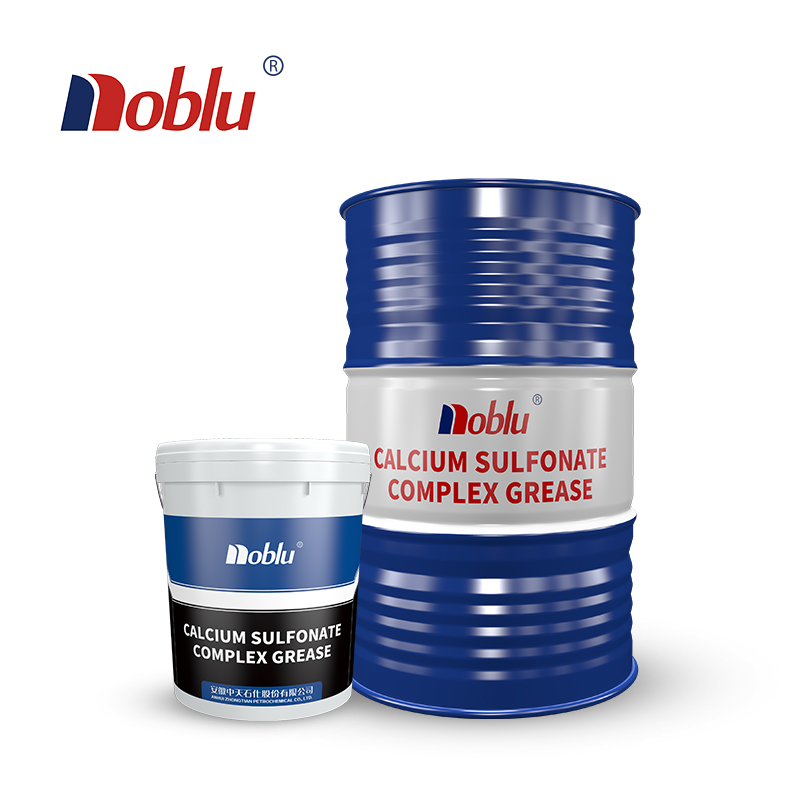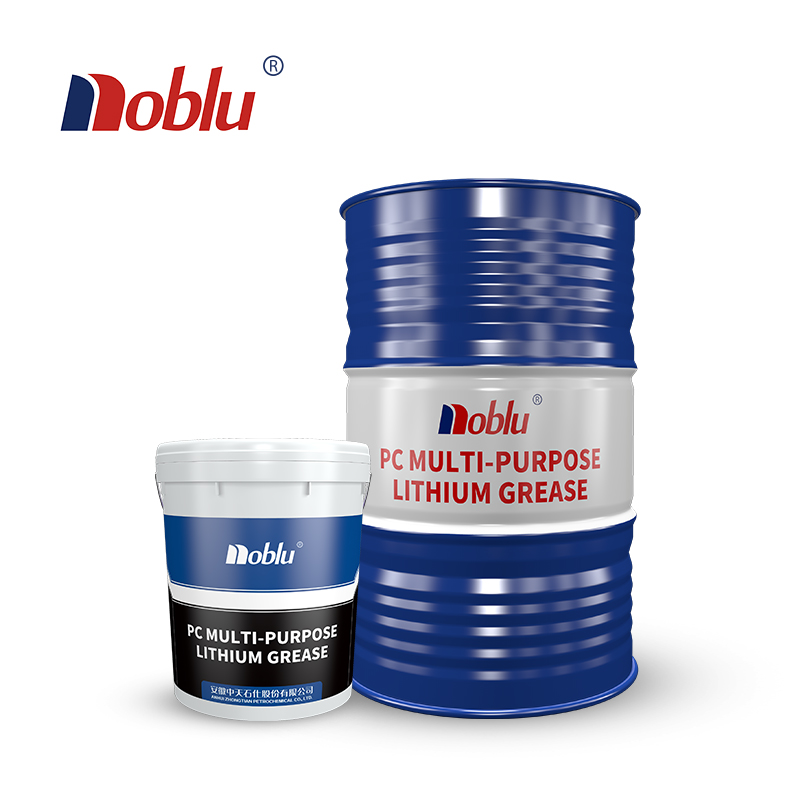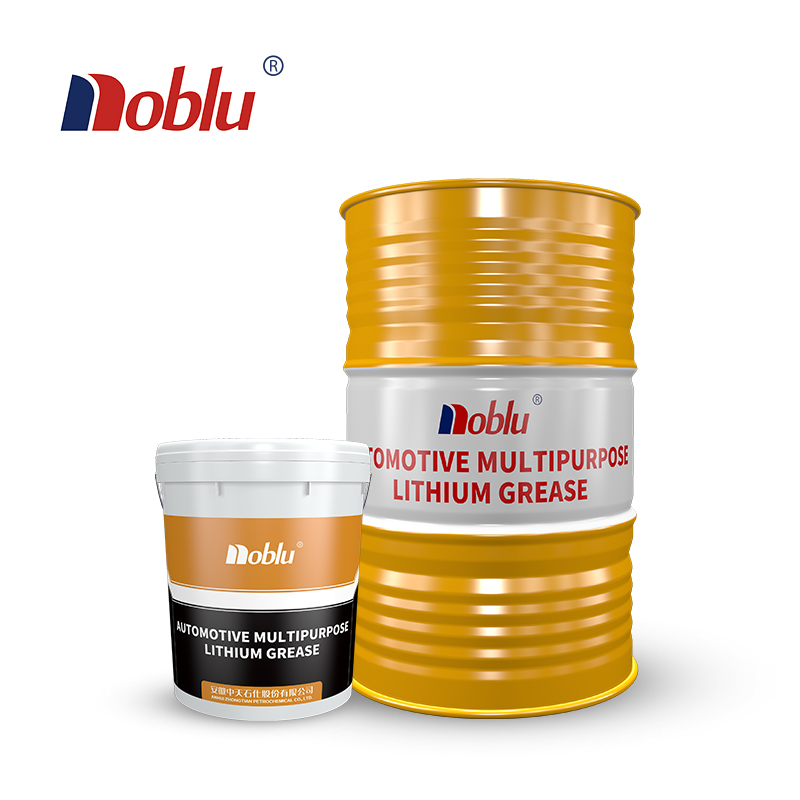The Essence of Lubrication
Automotive lubricants play a pivotal role in ensuring the smooth and efficient operation of our vehicles. They act as a protective barrier between moving parts, reducing friction and minimizing wear and tear. Without proper lubrication, metal surfaces would grind against each other, generating excessive heat and eventually leading to catastrophic failure.
Types of Automotive Lubricants
There are various types of automotive lubricants, each designed for specific applications:
Engine Oils: Protect moving engine parts from friction and wear, regulate engine temperature, and remove contaminants.
Transmission Fluids: Lubricate gears and bearings in transmissions, ensuring smooth shifting and power transfer.
Brake Fluids: Transmit hydraulic pressure in brake systems, enabling effective braking performance.
Power Steering Fluids: Lubricate and protect power steering components, providing responsive steering control.
The Advantages of Using Automotive Lubricants
The benefits of using high-quality automotive lubricants are numerous:
* Reduced Friction: Minimizes the resistance between moving parts, improving engine efficiency and reducing fuel consumption.
* Wear Protection: Creates a protective film that prevents metal-to-metal contact, significantly extending component life.
* Heat Dissipation: Carries heat away from critical components, preventing overheating and premature failure.
* Corrosion Prevention: Inhibits the formation of rust and other contaminants, maintaining the integrity of metal surfaces.
* Improved Fuel Economy: Lubricated engines and transmissions operate more efficiently, resulting in reduced fuel consumption.
Selecting the Right Automotive Lubricant
Choosing the right automotive lubricant for your vehicle is essential. Consider the following factors:
* Vehicle Manufacturer's Recommendations: Refer to your vehicle's owner's manual for specific lubricant specifications.
* Lubricant Type: Determine the appropriate lubricant type based on the intended application (e.g., engine oil, transmission fluid).
* Viscosity: The thickness of the lubricant at different temperatures affects its ability to flow and lubricate.
* Performance Level: Lubricants are rated based on their performance characteristics, such as wear protection and temperature stability.
Tips for Effective Lubrication
To maximize the benefits of automotive lubricants, follow these tips:
* Follow Recommended Maintenance Schedules: Regular oil changes and fluid top-ups are crucial for maintaining optimal lubrication.
* Use High-Quality Lubricants: Invest in lubricants that meet or exceed industry standards and your vehicle's requirements.
* Check Lubricant Levels Regularly: Monitor fluid levels using the dipstick or fluid level indicator.
* Avoid Overfilling: Overfilling can cause leaks and damage to components.
* Avoid Mixing Different Lubricants: Mixing different lubricants can lead to compatibility issues and reduced effectiveness.
Preguntas frecuentes
Q: Why is synthetic oil more expensive than conventional oil?
A: Synthetic oil offers superior performance and protection, justifying its higher price.
Q: How often should I change my oil?
A: Refer to your vehicle's owner's manual for specific oil change intervals.
Q: Can I use any type of oil in my car?
A: Never use oil that does not meet the manufacturer's specifications, as it can damage your engine.
Conclusión
Automotive lubricants are the unsung heroes of modern vehicles. By providing essential lubrication, they ensure smooth operation, prevent premature failure, and improve overall performance. By selecting the right lubricants and following recommended maintenance schedules, you can extend the life of your vehicle and enjoy a smoother, more efficient driving experience. Remember, as the saying goes, "An ounce of prevention is worth a pound of cure." Invest in high-quality automotive lubricants today and reap the rewards of a healthier, longer-lasting vehicle.







